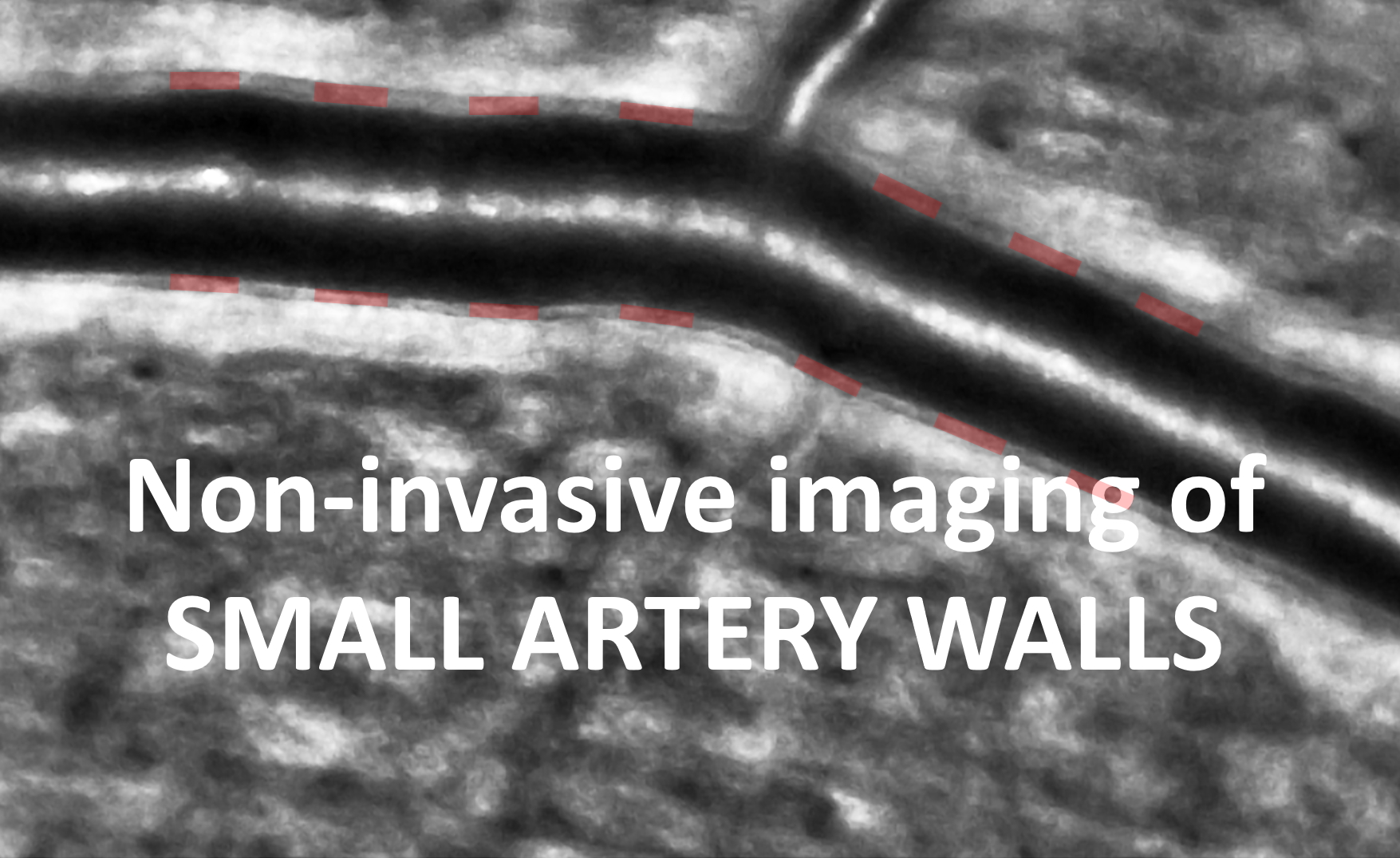First rtx1 findings in endocrinology got published

“… a new tool for cardiovascular risk assessment and treatment follow-up in acromegaly patients”
A study recently published in the European Journal of Endocrinology has used the rtx1 Adaptive Optics Retinal Camera to evaluate the retinal microvasculature of patients affected by acromegaly.
Acromegaly is a rare chronic disease caused by abnormal secretions of growth hormone, which leads to a considerable burden of complications such as cardiovascular and cerebrovascular morbidity and mortality. There is a need for diagnostic/prognostic techniques that help prevent such complications.
“These results provide new perspectives to better stratify cardiovascular risk and consequently optimize treatment in acromegaly”
Conducted by a multidisciplinary team of clinical researchers at the Pitie-Salpetriere Hospital in Paris, the new study examined patients’ retinal microvasculature with the rtx1. The results revealed that arteriolar remodeling was associated with acromegaly. Additionally, these vascular modifications were correlated with the level of a hormone, the insulin-like growth factor-1 (IGF1). The study was thus able to identify two potential biomarkers for the management of acromegaly.
Article reference: A. Gallo et al. IGF-1 is an independent predictor of retinal arterioles remodeling in subjects with uncontrolled acromegaly. European Journal of Endocrinology (2020) 182, 375–383
To read more about the rtx1 Adaptive Optics Retinal Camera, click here.